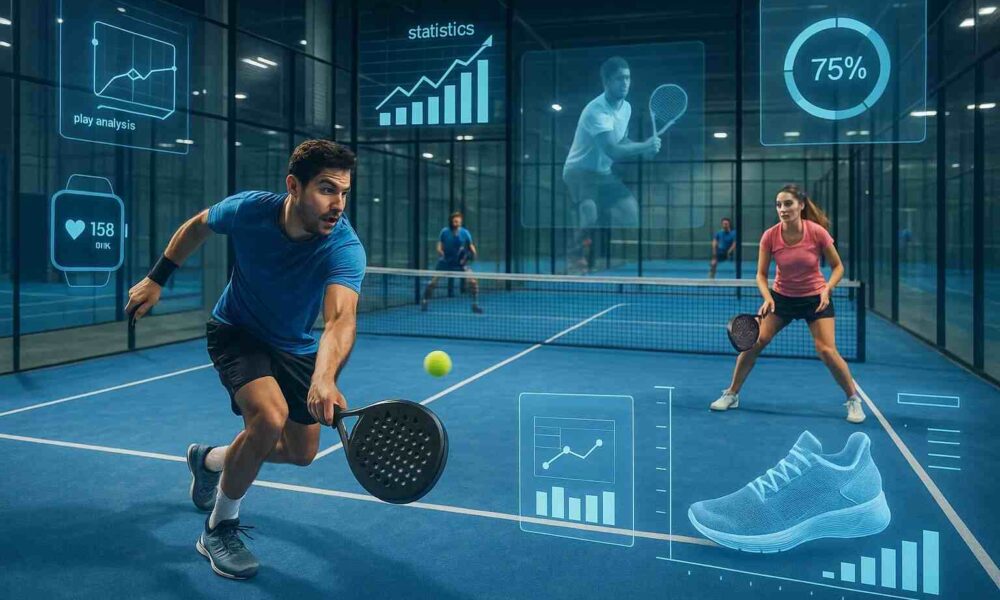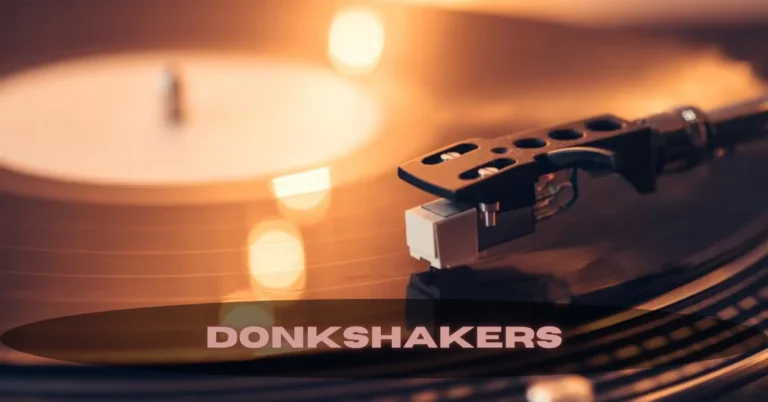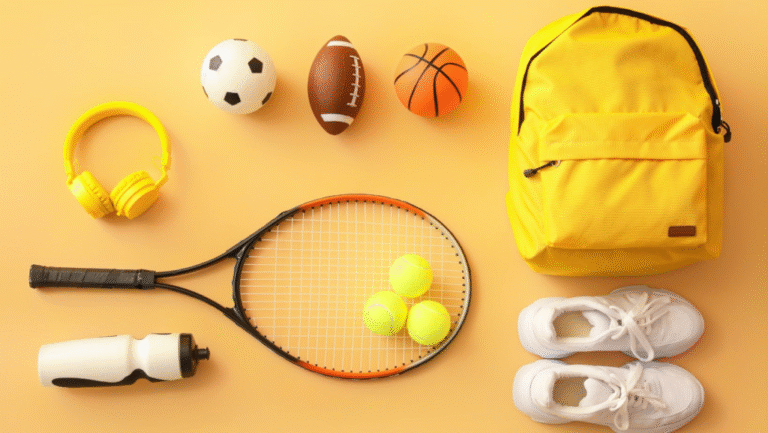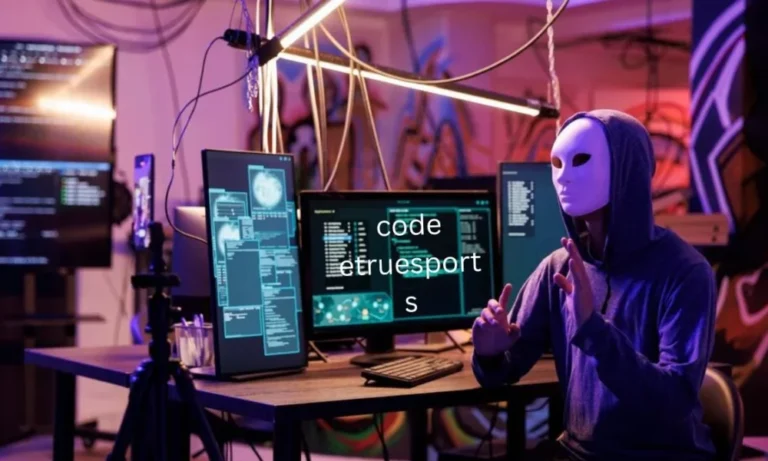
Padel is more than just a trendy racket sport—it’s a cultural movement sweeping across Europe, and the Netherlands is one of the countries at the forefront of its growth. Among the organizations responsible for nurturing and promoting this exciting sport in the country, NLPadel has emerged as a central figure. With its commitment to developing high-quality facilities, training programs, and community engagement, NLPadel is driving the Dutch padel revolution. This article explores the sport’s rise, NLPadel’s impact, and the promising future of padel in the Netherlands.
Table of Contents
ToggleUnderstanding Padel: A Brief Overview
Padel is often described as a mix between tennis and squash. It’s played in doubles on an enclosed court, smaller than a tennis court, with walls that players can use to bounce the ball—much like squash. The scoring system is the same as tennis, but the sport emphasizes strategy and placement over brute strength and power, making it accessible to players of all ages and fitness levels.
Originating in Mexico in the late 1960s, padel gained popularity in Spain and Argentina before spreading rapidly throughout Europe. The Netherlands has joined the ranks of nations embracing padel with enthusiasm, and NLPadel is playing a pivotal role in this development.
The Emergence of NLPadel
NLPadel was founded with the mission to popularize and professionalize padel in the Netherlands. It offers a comprehensive platform for players, coaches, clubs, and fans. The organization focuses on four main pillars:
-
Development of Courts and Facilities
-
Coaching and Training Programs
-
Tournaments and League Structures
-
Community Building and Accessibility
By targeting these areas, NLPadel ensures the growth of padel not only as a recreational activity but also as a competitive sport with long-term sustainability.
Court Development: Making Padel Accessible
One of the first steps in establishing a new sport is ensuring that there are adequate places to play. NLPadel has worked with local municipalities, private investors, and existing sports clubs to develop padel courts throughout the Netherlands. Urban centers like Amsterdam, Rotterdam, and Utrecht have seen a boom in padel infrastructure, with modern indoor and outdoor facilities designed for year-round use.
These venues are more than just playing grounds—they are social hubs. With cafes, lounges, and co-working areas integrated into the designs, padel centers in the Netherlands are attracting people who want a combination of sport and social interaction.
Coaching, Clinics, and Talent Development
NLPadel recognizes that to create a strong padel culture, it’s essential to invest in talent and coaching. The organization offers coaching certifications for professionals who want to teach padel at various skill levels. It also hosts regular clinics and workshops for beginners, intermediate players, and aspiring competitors.
For younger players, NLPadel has created youth development programs aimed at introducing children to padel in a fun, structured environment. These programs focus not only on physical development but also on values such as teamwork, discipline, and fair play.
There are also partnerships with international coaches and players to bring expertise into the Dutch padel scene. This cross-border collaboration helps raise the level of play and exposes Dutch players to global standards.
Competitive Padel: Leagues and Tournaments
NLPadel is instrumental in organizing and promoting padel tournaments throughout the country. These include local club competitions, regional leagues, and national championships. The structure allows players to progress from amateur to semi-professional and, in some cases, international circuits.
The competitive calendar is diverse, with tournaments catering to different age groups and levels. Mixed doubles, veteran competitions, junior leagues—all are part of the offering. This inclusivity helps maintain excitement and engagement across the entire padel community.
NLPadel’s digital platforms also play a role in this competitive environment. Through online brackets, rankings, and livestreams of key matches, the sport is becoming more visible and engaging to fans, players, and sponsors alike.
Building the Padel Community
Beyond courts and competition, NLPadel emphasizes community. One of its main goals is to ensure that padel remains an inclusive sport. Whether you are a complete beginner or a seasoned athlete, NLPadel wants to make sure there is a place for you in the padel family.
The organization frequently hosts events that blend padel with social activities. These include themed tournaments, charity fundraisers, family days, and business networking sessions. These events attract a wide demographic, from sports enthusiasts to professionals looking for a casual yet active social outlet.
By fostering this sense of belonging, NLPadel has helped transform padel from just a sport into a lifestyle for many Dutch citizens.
Technology and Innovation in Dutch Padel
Another way NLPadel stands out is through its use of modern technology. Many padel centers supported by NLPadel are equipped with smart reservation systems, performance-tracking tools, and AI-enhanced coaching analysis. These technologies improve player experience and allow individuals to track their progress over time.
Apps linked with NLPadel’s network let users find courts, schedule matches, participate in challenges, and even review their in-game statistics. This tech-forward approach has helped attract a younger, digital-savvy generation to the sport.
Challenges and Future Outlook
While the growth has been impressive, there are challenges that NLPadel continues to address. Space constraints in urban areas make it difficult to build new courts in densely populated zones. There is also a need for more certified coaches to meet the growing demand for training. Furthermore, establishing padel as a professional sport with consistent media coverage and sponsorship requires sustained effort.
Despite these challenges, the outlook for padel in the Netherlands is overwhelmingly positive. With its inclusive nature, engaging gameplay, and rapidly expanding infrastructure, the sport is well-positioned for long-term success. NLPadel, through its strategic planning and passionate execution, will undoubtedly remain at the center of this journey.
Conclusion
NLPadel is more than just an organization—it is a movement that symbolizes the explosive growth of padel in the Netherlands. From building courts to nurturing talent, from hosting tournaments to building community spirit, NLPadel has created a dynamic ecosystem for one of the world’s fastest-growing sports.
As the sport continues to spread across the country, padel is no longer a fringe activity but a mainstream option for those seeking health, connection, and competitive thrill. Thanks to NLPadel’s efforts, the Netherlands is not just following a trend; it’s leading a transformation.
About the Author
admin
Administrator
Welcome to our guest post platform — your destination for insightful, high-quality content from contributors around the world. I'm Qasim Malik, the admin behind this initiative, committed to building a diverse space where voices from various industries, interests, and backgrounds come together. Our mission is simple: to empower writers, bloggers, and thought leaders by giving them a platform to share their expertise, opinions, and stories. Whether you're a seasoned expert or a passionate beginner, our site welcomes you to publish and connect with a wider audience.






